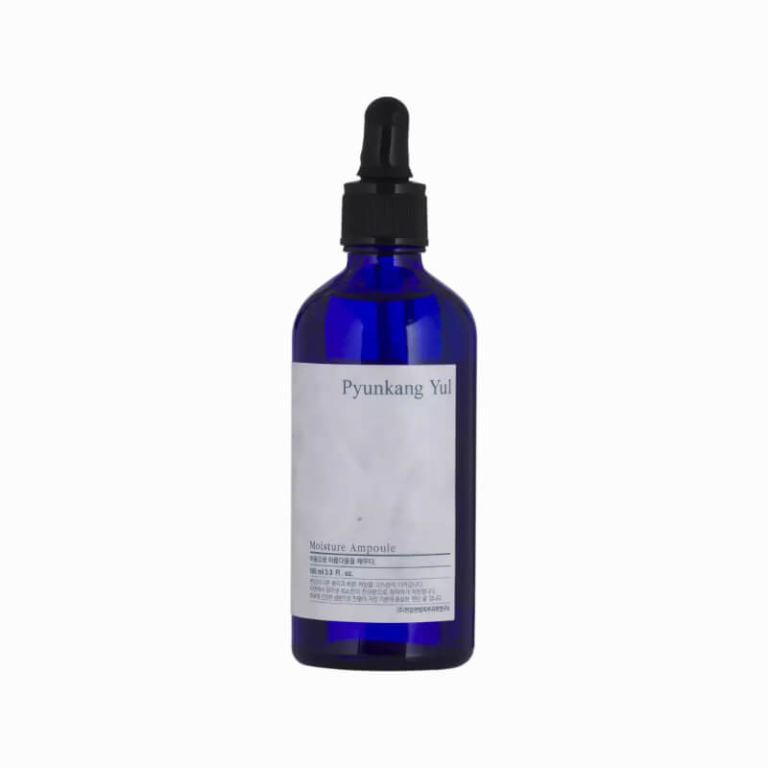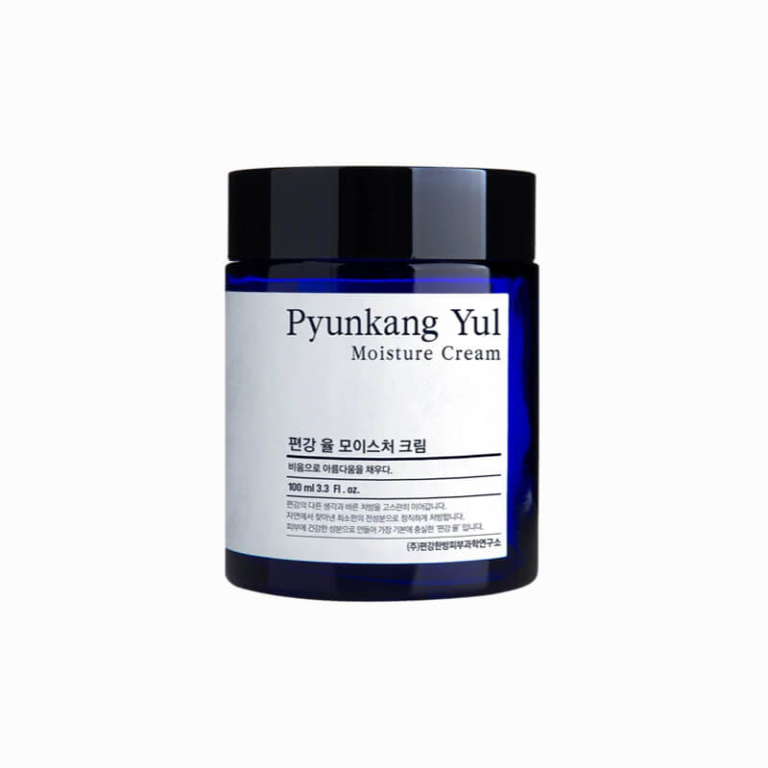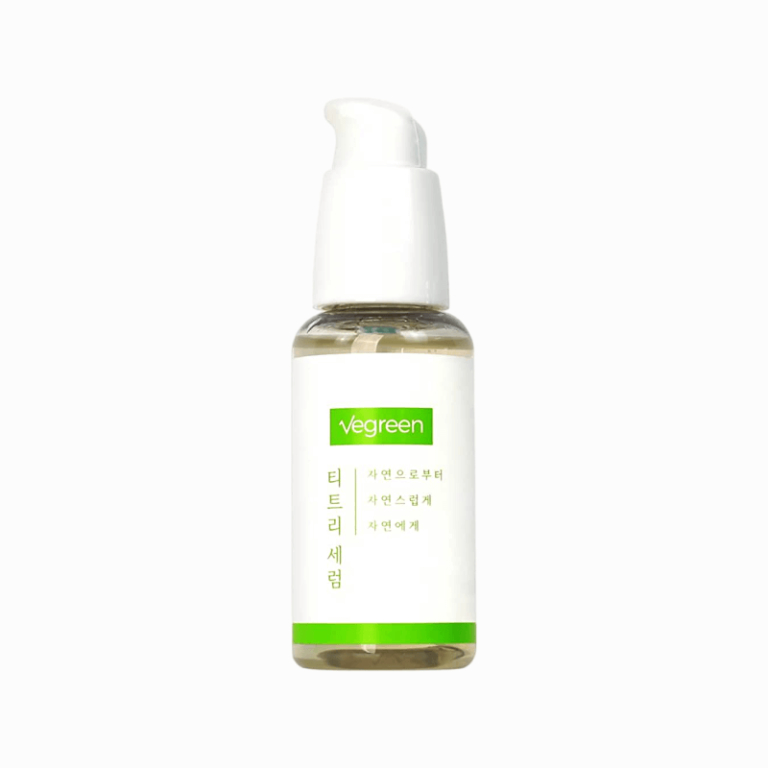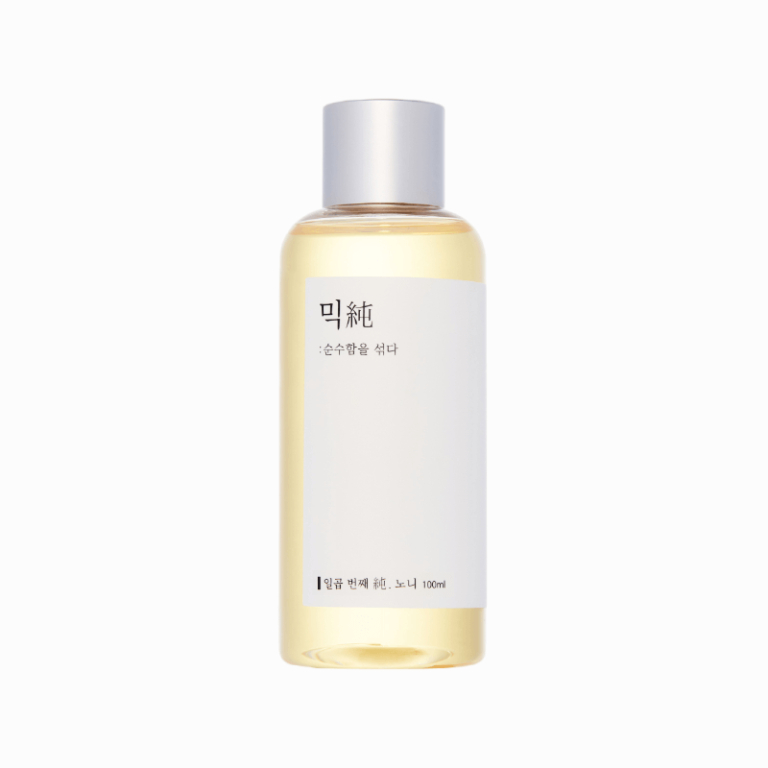
More and more individuals are grappling with sensitive and easily irritated skin. Interestingly, "sensitive" is not a strictly defined skin type. The dreaded hypersensitivity often arises in conjunction with dry skin. However, it can also manifest in oily and impure skin types prone to blemishes and acne. In this blog post, we delve into K-Beauty skincare recommendations tailored for sensitive skin to foster a gentle yet efficacious skincare regimen.
Specific Skin Types and Concerns for Sensitive Skin
Once you've discerned that you have sensitive skin and have pinpointed your associated skin type, it becomes imperative to understand its unique care needs:
- Dry Sensitive Skin: This skin type requires hydration and nourishment without causing irritation. Products enriched with hyaluronic acid, glycerin, or ceramides can fortify the skin barrier and retain moisture.
- Oily Sensitive Skin: It's pivotal to balance sebum production while pacifying the skin. Products infused with niacinamide, green tea extract, or witch hazel can regulate oil secretion and diminish inflammation.
- Combination Skin with Sensitive Zones: Opt for products that hydrate and manage sebum production. Targeted treatments like serums or ampoules can address specific concerns in affected areas.
Identifying Sensitive Skin & Choosing Suitable K-Beauty Products
Determining if you have sensitive skin and selecting the apt K-Beauty products for your unique skin type is paramount for optimal skin health. Here are guidelines to recognize sensitive skin and make informed product choices:
- Diagnosing Sensitive Skin: Sensitive skin typically reacts faster and more intensely to environmental triggers, cosmetics, or skincare products than its counterparts. Indicators can include redness, itching, a burning sensation, desiccation, or swelling. If multiple products or environmental factors irritate your skin, it’s a sign of sensitivity.
- Classify Skin Type: To pick the ideal K-Beauty products for sensitive skin, ascertain your skin category. Analyze whether your skin leans towards being dry, oily, a combination of both, or normal. Each type will benefit from specific K-Beauty formulations crafted for their unique needs.
- Scrutinize Product Descriptions: Purchasing K-Beauty products necessitates a meticulous perusal of product descriptions. Seek ingredients compatible with sensitive skin, like aloe vera, centella asiatica, ceramides, or niacinamide. Eschew products laden with fragrances, alcohols, or abrasive chemicals that might provoke the skin.
- Conduct a Patch Test: Prior to incorporating a new K-Beauty product into your regimen, always execute a patch test. Administer a tiny amount to a discreet area, such as the wrist’s inner side or the forearm, and monitor any reactions over a span of 24 to 48 hours. Absence of redness, itchiness, or swelling signifies the product's compatibility with your sensitive skin.
- Gradual Introduction: Integrate new K-Beauty items into your skincare routine at a measured pace to reduce potential skin disturbances. Initiate with a single product, then incrementally introduce others, keeping a close watch on your skin's responses.
By attuning to your sensitive skin's requirements and opting for the right K-Beauty products, you can establish a nurturing skincare regimen that mollifies and revitalizes your skin.
Adapting the 10-Step K-Beauty Routine
Sensitive skin is highly reactive to external elements and certain product ingredients. To prevent overwhelming your skin, it’s crucial to modify the 10-Step K-Beauty Ritual to cater to sensitive skin nuances. Below are some tailored steps and modifications for sensitive skin:
- Cleansing: The dual-cleansing technique, encompassing an oil-based followed by a water-based cleanser, is advocated. Opt for gentle, unscented cleansers to prevent skin agitation. Always cleanse with care, avoiding aggressive scrubbing.
- Toner: Favor a toner devoid of alcohol that hydrates the skin and equilibrates its pH levels. Ingredients like aloe vera, green tea extract, or panthenol are beneficial.
- Essence: An essence amplifies moisture and provides essential nutrients. Look for ones with calming and hydrating components like centella asiatica or hyaluronic acid.
- Serums and Ampoules: Utilize serums or ampoules curated for sensitive skin. Ingredients such as ceramides, niacinamide, or chamomile, known for their calming and anti-inflammatory attributes, are recommended.
- Eye Care: Choose a delicate eye cream that sidesteps irritants and moisturizes the fragile skin around the eyes.
- Moisturizer: A lightweight moisturizing cream or gel-cream free from fragrances or irritants is ideal. It should be easily absorbed and reinforce the skin’s innate protective barrier.
- Sunscreen: Sun protection is vital for sensitive skin. Prefer a mineral-based sunscreen with a high SPF (at a minimum, SPF 30), devoid of fragrances or harsh chemical filters.
- Exfoliation (optional): Sensitive skin demands a gentle exfoliation approach. Refrain from aggressive or chemical exfoliants, leaning instead towards mild enzymatic exfoliants or exfoliating pads with subdued fruit acid concentrations.
- Face Masks (optional): Soothing and hydrating masks suitable for sensitive skin are a good choice. Ingredients to look for include chamomile, panthenol, or centella asiatica.
- Sleep Masks (optional): An overnight mask aids in skin rejuvenation and nourishment. Opt for masks fitting for sensitive skin enriched with soothing agents like ceramides, aloe vera, or honey.
Potential Risks and Safety Concerns for Sensitive Skin
It's crucial for individuals with sensitive skin to recognize potential risks and safety concerns to avert skin irritations and adverse reactions. Such skin types might have intensified reactions to specific ingredients, resulting in redness, itching, or inflammation. Hence, it's advisable to steer clear of aggressive or potentially irritating ingredients like parabens, silicones, fragrances, or alcohol. Always conduct a patch test prior to introducing new products to ensure compatibility.
Conclusion
The K-Beauty skincare regimen offers flexibility and can be tailored to cater to the requirements of sensitive skin, minimizing skin irritations and imperfections. Emphasizing the use of mild cleansing agents, gentle ingredients, and ample hydration is key to furnishing the skin with optimal care. By fine-tuning your skincare regimen and heeding the signs your skin exhibits, you can attain a luminous, healthy complexion. However, it's essential to be cognizant of potential limitations and challenges associated with K-Beauty products, such as accessibility and expense. It's always wise to make informed choices grounded in trustworthy sources and references.
Explore our dedicated category for sensitive skin to discover a diverse array of K-Beauty brands. We've curated a brief selection for you below.
Sources and References
Beyond the insights we've gathered on utilizing K-Beauty products for sensitive skin, we also advocate exploring the following reputable websites. These platforms offer invaluable information, scientific studies, and extensive research on skincare, cosmetics, and ingredient specifics:



